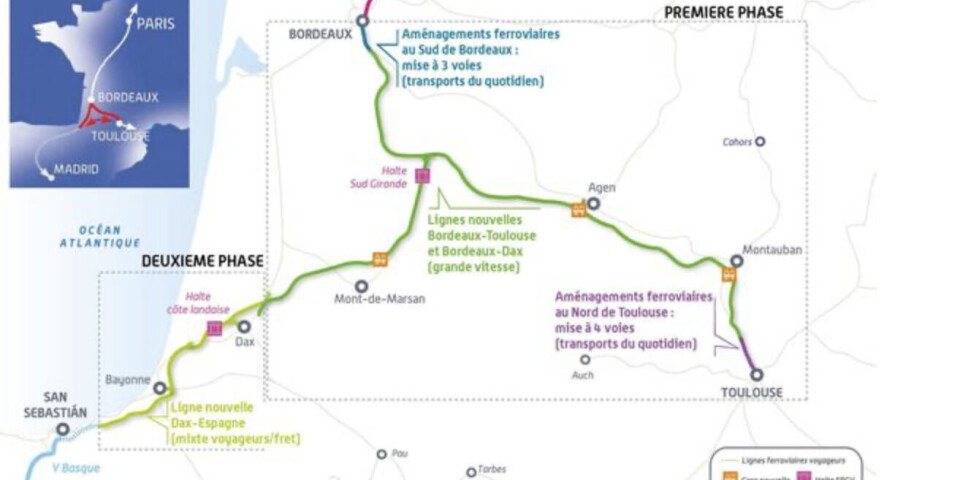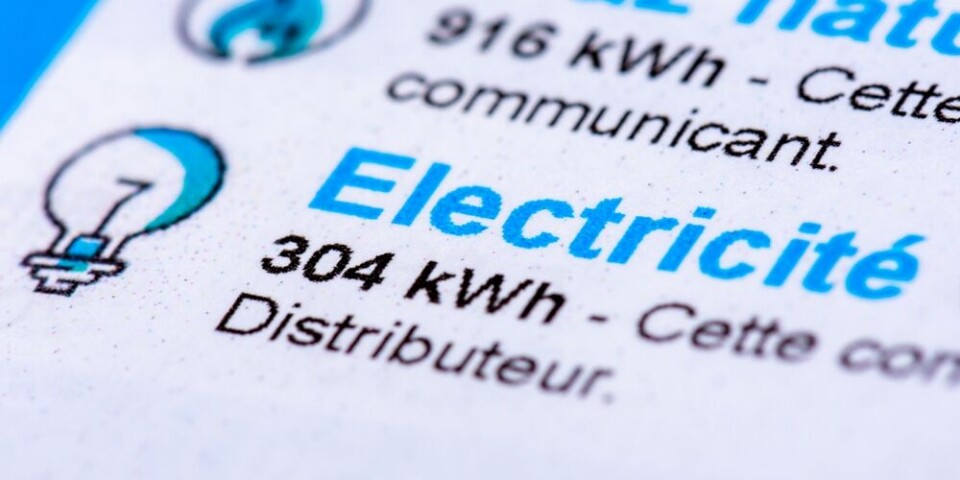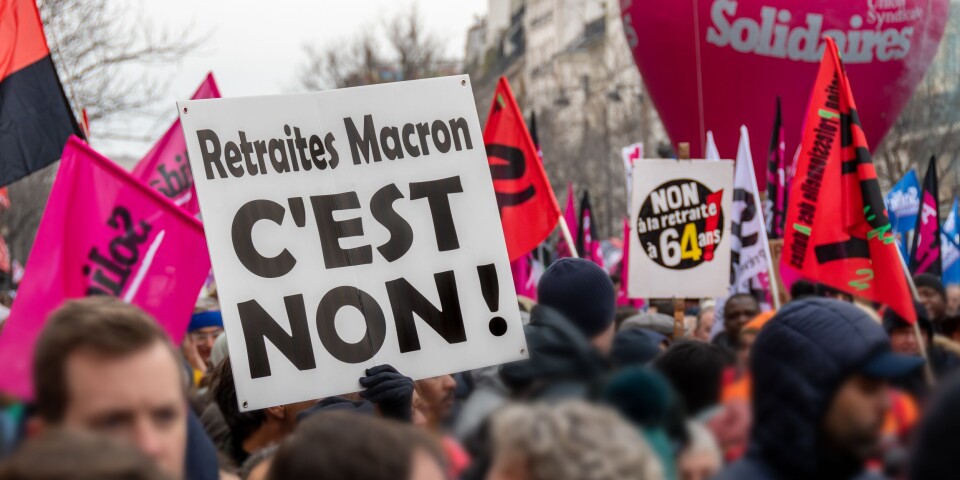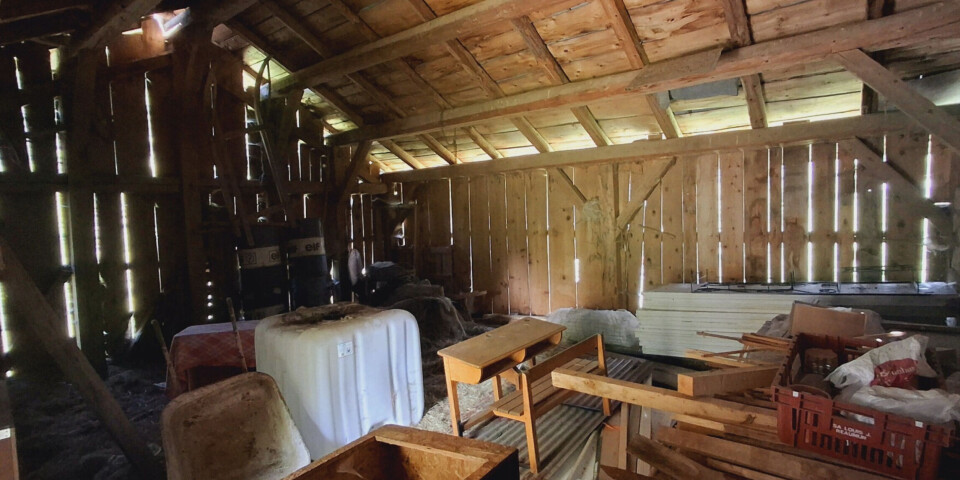Disputes between France’s political parties continue to disrupt the passage of the draft 2026 budget with almost 4,000 amendments put forward for examination.
The government still risks a vote of no confidence, and the deeply-divided Assemblée nationale seems no closer in agreeing on a final version of the text, with a final vote on the main portion due to take place on November 4.
It is running out of time however and as calls for new legislative elections grow, the government has only until November 15 to dissolve the Assemblée, or the country will be unable to pass even emergency budget laws to maintain, for example, tax collection or pension payments by the required deadline (see more below).
What is the current state of affairs?
Prime Minister Sébastien Lecornu announced the draft budget two weeks ago, looking to make more than €30 billion in savings.
Later that week, he narrowly survived two votes of no confidence, assuring his position for the upcoming budgetary debates.
He promised not to use the controversial article 49.3 legal mechanism that allows certain laws to be passed without a vote in parliament, saying the budget was open to debate and revision from members of the chamber.
It was his hope that this would lead to a budget agreed upon by the majority of the chamber and thus able to pass through the necessary steps and come into force for next year. This would avoid a second year without a proper budget being in place by December 31.
However since surviving these initial no confidence votes things have become more challenging and several key measures included in the government’s draft version of the budget texts have been rejected by MPs.
These include a plan to replace the 10% allowance on income tax for pensioners with a flat €2,000 deduction, the freezing of many income tax thresholds, and increased taxes on certain larger businesses. These proposals have been rejected or significantly modified via amendments from MPs of other parties.
At the same time, new measures such as a capital gains tax on the sale of some main homes, have been added.
Further debates mean all elements of the bill are still subject to change before final votes from MPs take place on November 4 (for the revenue section) and November 24 (expenditure section) of the much-altered text.
Despite Mr Lecornu’s hopes for a consensus on the budget, parties remain at odds with each other over the text, each with their own ideas of how to raise funds – and how much needs to be raised.
Essentially parties on the far-left are arguing for higher taxes on the wealthy and for overturning several of the measures from the original budget that would affect modest income households.
Those on the far-right Rassemblement National aim to limit the impact of the budget on households and oppose raising taxes, instead favouring a reduction in government spending.
In its counter-budget presented last week, the party claims it can cut France’s deficit even further than under the current budget of Mr Lecornu, with an extra €36 billion in savings made largely by cutting funds for government organisations.
It also argues it would increase state revenue by €31 billion, leading to around €45 billion in tax cuts to spur the economy.
Combined, these parties have introduced and / or removed several elements of the draft text.
Parties closer to the centre such as the Socialists and right-wing Les Républicains – the groups Mr Lecornu is relying on to find enough common ground to pass the budget – are also being guided by their own tenets in altering the bill.
The Socialists have seen the pension reform temporarily suspended in return for not voting against the government in the previous votes of no confidence, and are looking to overturn spending cuts in the draft budget, replacing them with higher taxes (albeit less radical than those wanted by the far-left).
For its part, Les Républicains, no longer formally in an alliance with the government (although several party MPs are in the new cabinet), are focusing on fiscal prudence, and largely back measures to cut state spending whilst opposing higher taxes.
Even within the centrist group of parties comprising the Macronist alliance, divisions over key measures including business taxes and suspension of the pension reform have seen MPs from the same groups oppose each other when it comes to certain amendments to the budget.
Mr Lecornu’s gamble of an open chamber and a successful budget formed of compromises seems far from assured.
New elections to take place before the year end?
The Socialist Party believes its original pact to not oust the government is not binding for the entire budgetary debate, and is demanding some of its proposals be included in the final text.
Searching for compromise, it has proposed a ‘watered-down’ version of the Zucman tax on the ultra-wealthy, providing exemptions for certain companies and family-owned businesses.
If the government does not agree to the amendment by November 4, Socialist Party MP Philippe Brun said the group will no longer back the budget and instead continually vote against the government.
While this is not the same as bringing forward a vote of no confidence, Mr Brun believes it could effectively force the government to resign as finding enough support from other groups in the chamber – 289 MPs to form an absolute majority – looks unrealistic.
A dissolution of the Assemblée, or a successful vote of no confidence (a move the government previously said it will accept as tantamount to a dissolution) would see a new round of legislative elections to return MPs to the chamber in a rare winter election.
Why November 15 is crucial
The government may opt to not dissolve the Assemblée if the November 4 vote fails and could continue to search for compromise.
If it is to call for new elections however, it is essential for this to happen before November 15, due to rules dictating election lengths and emergency budgets, political scientist Benjamin Morel explained to Franceinfo.
There must be at least 20 days between dissolving the chamber and the first round of elections, and at least 35 before the second round of elections.
If the Assemblée is dissolved in the coming weeks it is effectively admitting that no budget will be passed before December 31, and hoping that a newly-elected chamber can pass a budget at the start of 2026.
In the event of MPs and Senators failing to agree on a budget, special laws can be passed to allow the government to continue collecting taxes and committing to public spending at the same rate as the year before, preventing a complete ‘shutdown’ of services.
MPs then vote monthly on keeping the measures in place, until a budget for the year is passed. The measure is expensive and can cost the economy billions in fiscal uncertainty and lost revenue – but is better than the government ceasing to function.
These special laws were passed in 2024, after then prime minister Michel Barnier was ousted in a vote of no confidence in December.
However, the laws must be brought to the chamber by no later than December 19 and passed before December 31. It is expected that if brought forward they would pass with all parties likely to support an emergency budget law.
For the laws to be brought forward, MPs have to be sitting in the chamber. However if there is an ongoing election, there will not be any MPs in place.
If the Assemblée is dissolved on any date after November 15 there will not be enough time for the newly-elected MPs to vote on the laws.



























